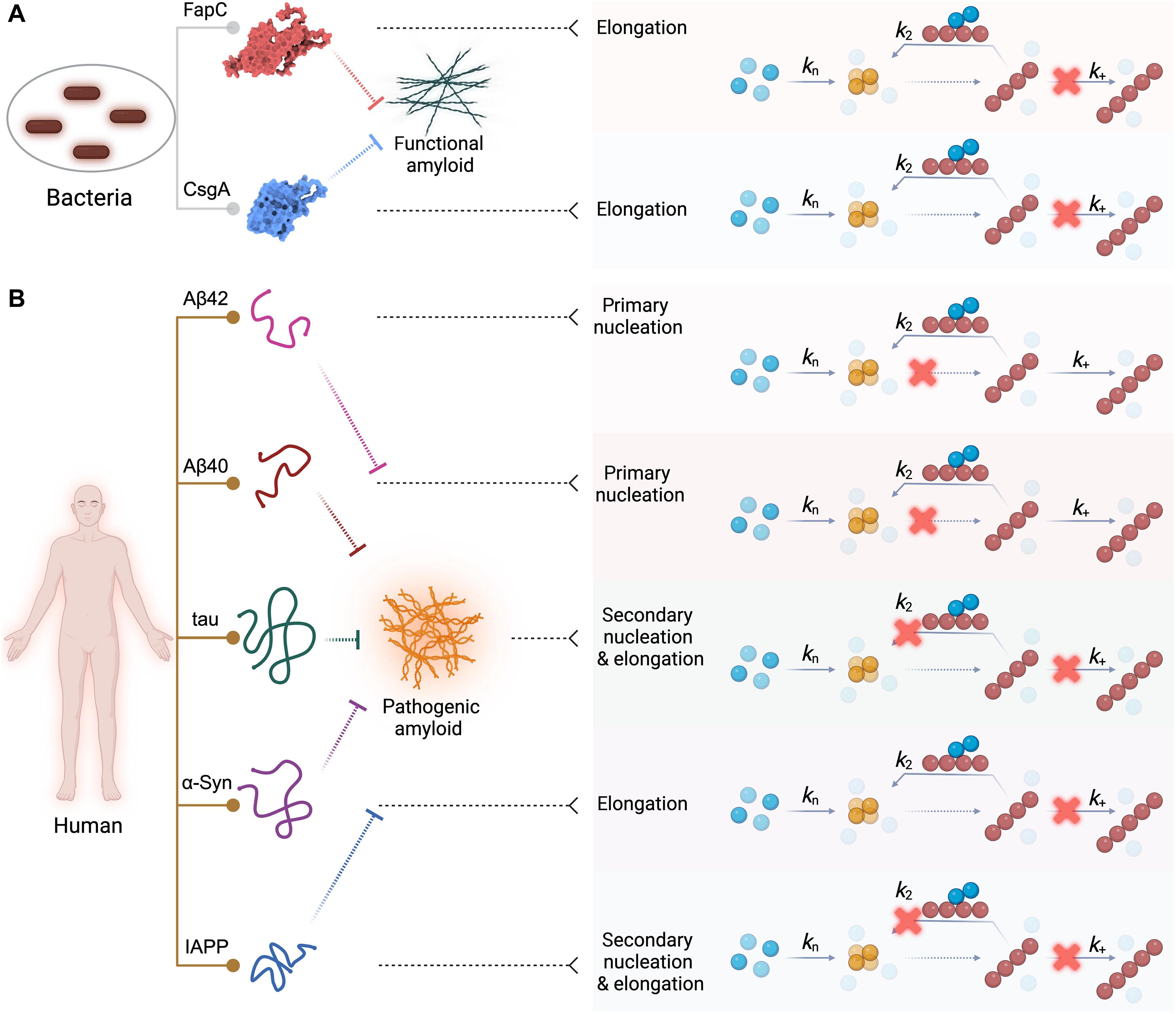幽门螺杆菌CagA蛋白是一种有效的广谱淀粉样蛋白抑制剂
IF 12.5
1区 综合性期刊
Q1 MULTIDISCIPLINARY SCIENCES
引用次数: 0
摘要
细菌是地球上最小、数量最多的生命形式,对人类健康产生了重大影响。幽门螺杆菌因其在引发一系列胃肠道疾病和其他人类疾病中的作用而引起了极大的关注。在这里,我们报道幽门螺杆菌释放CagA(细胞毒素相关基因A)蛋白,通过靶向纤维形成过程中的各个阶段,强烈抑制功能性(细菌生物膜)和致病性淀粉样蛋白组装的形成。CagA广泛的底物特异性揭示了幽门螺杆菌干扰其他细菌和人类的机制,为对抗细菌感染和人类蛋白质错误折叠疾病提供了方法。本文章由计算机程序翻译,如有差异,请以英文原文为准。

Helicobacter pylori CagA protein is a potent and broad-spectrum amyloid inhibitor
Bacteria, the smallest and most abundant life forms on Earth, have been a source of insights that have had a considerable impact on human health. Helicobacter pylori has captured substantial attention due to its role in provoking an array of gastrointestinal ailments and other human diseases. Here, we report that H. pylori releases the protein CagA (cytotoxin-associated gene A) that strongly inhibits formation of both functional (bacterial biofilm) and pathogenic amyloid assemblies by targeting various stages during fibril formation. CagA’s broad substrate specificity reveals a mechanism whereby H. pylori interferes with other bacteria and humans, offering approaches to combat bacterial infections and human protein misfolding diseases.
求助全文
通过发布文献求助,成功后即可免费获取论文全文。
去求助
来源期刊

Science Advances
综合性期刊-综合性期刊
CiteScore
21.40
自引率
1.50%
发文量
1937
审稿时长
29 weeks
期刊介绍:
Science Advances, an open-access journal by AAAS, publishes impactful research in diverse scientific areas. It aims for fair, fast, and expert peer review, providing freely accessible research to readers. Led by distinguished scientists, the journal supports AAAS's mission by extending Science magazine's capacity to identify and promote significant advances. Evolving digital publishing technologies play a crucial role in advancing AAAS's global mission for science communication and benefitting humankind.
 求助内容:
求助内容: 应助结果提醒方式:
应助结果提醒方式:


